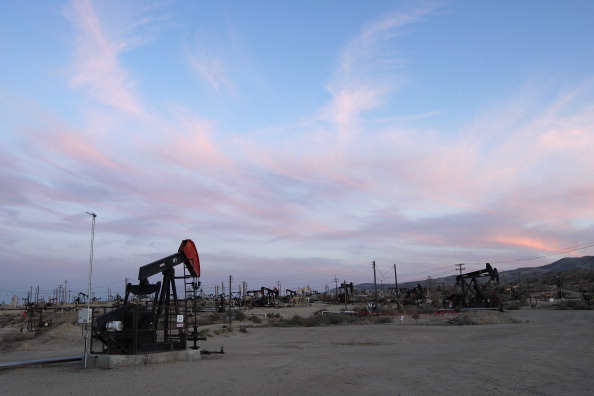Probably nowhere is the economic impact of shale energy development more dramatic than in the contrast between two neighboring states – Pennsylvania and New York. The former allows hydraulic fracturing in the energy-rich Marcellus shale belt that runs through much of the state, the latter doesn’t – even though the Marcellus continues into the Empire State and could provide a big jobs boost on its Southern Tier.
Indeed, while New York is not a top producing state, the oil and natural gas industry still is driving strong job creation and economic growth. In a PwC study, New York ranked 7th in the country in overall impact from oil and natural gas development:
- 270,600 jobs supported, accounting for 2.4 percent of total state employment
- $20.4 million in labor income – wages, salaries and benefits, as well as proprietors’ income from jobs directly or indirectly supported by industry through operational spending, dividend payments and capital investments
- $35.1 million in value added – additional value created at a particular stage of production, including employee compensation, proprietors’ income, income to capital owners from property and indirect business taxes that are borne by consumers rather than producers
Yet, the numbers for New York could be higher – if the state would lift its moratorium on fracking and allow shale development. A Manhattan Institute study estimated 15,000 to 18,000 jobs could be created in just the Southern Tier and Western New York, generating $11.4 billion in economic growth and $1.4 billion in tax revenues to localities and the state.
New polling indicates New Yorkers would likely welcome it, with strong majorities favoring more domestic oil and natural gas development. Eighty-nine percent of registered New York voters agreed that increased energy infrastructure development would help create U.S. jobs. During a conference call last week, New York State Petroleum Council Executive Director Karen Moreau talked about helping New Yorkers to understand that energy development means jobs and economic opportunity – again, like they’re seeing in next-door Pennsylvania:
“People … fail to equate that 80 percent of our domestic oil and gas production is a result of hydraulic fracturing combined with precision horizontal drilling. We need to make more people aware that so much of the benefits we’re getting really due to this very long experience in hydraulic fracturing since the late 1940s.”
New York’s story is of a state where there’s positive economic impact from energy development – but one where the benefits could be much better.
By Mark Green
Originally posted April 21st, 2014
Energy Tomorrow is brought to you by the American Petroleum Institute (API), which is the only national trade association that represents all aspects of America’s oil and natural gas industry. Our more than 500 corporate members, from the largest major oil company to the smallest of independents, come from all segments of the industry. They are producers, refiners, suppliers, pipeline operators and marine transporters, as well as service and supply companies that support all segments of the industry

